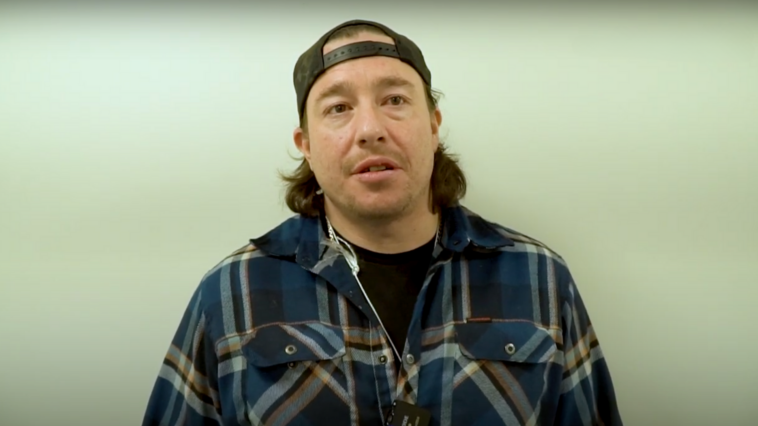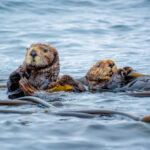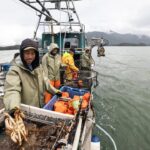Fishing was once deeply woven into the fabric of daily life for everyone on the West Coast. That’s why in a time where the average consumer is far removed from the source of their seafood, fourth-generation Musqueam First fisherman Jarred Sparrow thinks it’s more important now than ever to reconnect with the people who put the food on our plates.
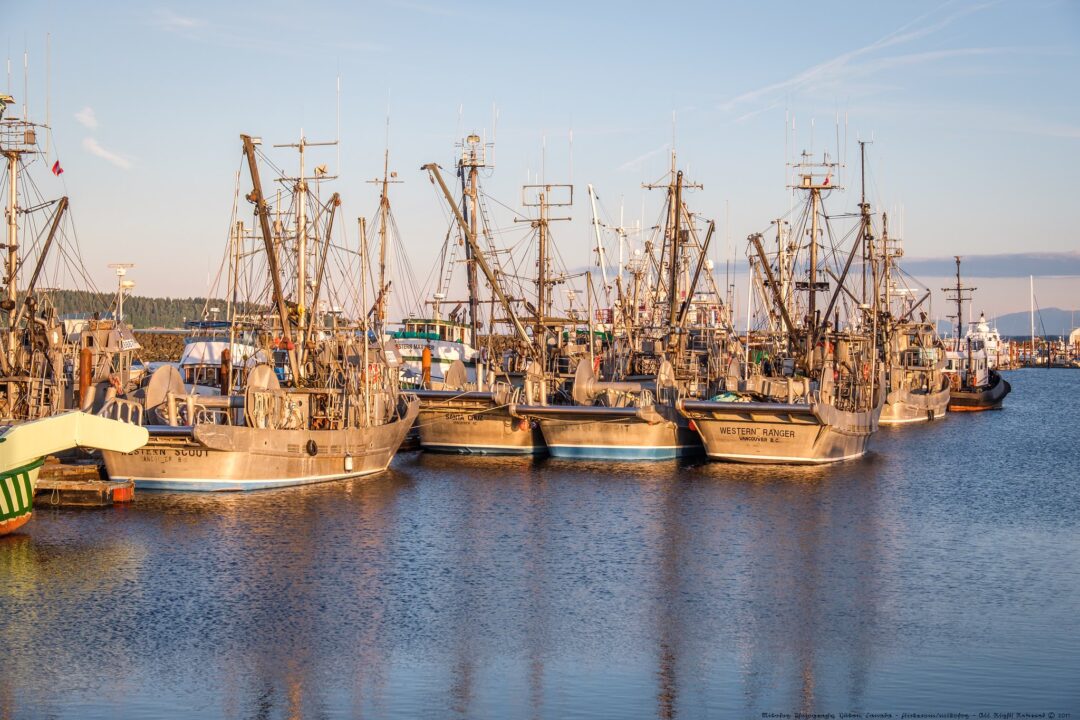
“People don’t really know too much about fishermen anymore,” he explains, “So it is important for them to know where it comes from and how it’s caught, and how much work we have to put into putting that food on their table.”
These larger corporations “are not involved in the actual fishing aspect of it. But they own boats. They own licenses.”
Jarred Sparrow
Sparrow’s journey into fishing began at a remarkably young age. By age five, he was already immersed in the trade, seining with his father, Ronald “Bud” Sparrow, and eventually working his own gillnetter at ten, fishing salmon and herring.
“I’ve fished in Prince Rupert every single summer since I was six years old for salmon. When I started, there were probably about 50 boats that were fishing. This summer, it was 14.”
Jarred Sparrow
Yet he says he has witnessed profound changes in the past thirty years. He is concerned with major license holders like Jimmy Pattison’s Canfisco, who exert significant control over the license and quota system, to the detriment of smaller harvesters.
These larger corporations “are not involved in the actual fishing aspect of it. But they own boats. They own licenses,” he says. “They just sit at home and lease everything out,” Sparrow observes, pointing to absentee license and quota holders who reap profits while fishermen like himself struggle to make a living.
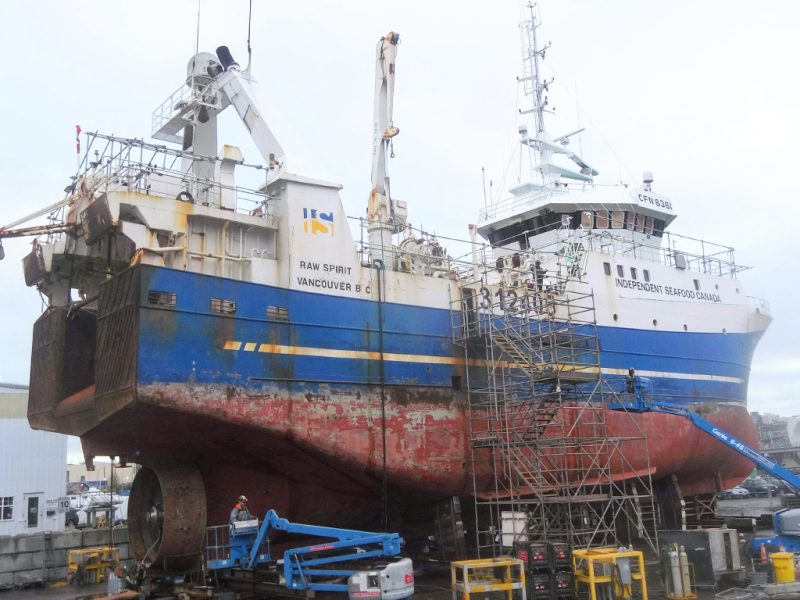
This past summer, Sparrow saw firsthand the dwindling presence of independent fishermen in regions like Prince Rupert, where the number of boats has plummeted over the years. “I’ve fished in Prince Rupert every single summer since I was six years old for salmon. When I started, there were probably about 50 boats that were fishing. This summer, it was 14,” adding that those boats were mostly owned by the bigger companies.
The fishermen “were really only paid $0.60 a pound for sockeye, which is absolutely insane. The last time the stock was down to $0.60 a pound was in the 1940s and we’re in 2024,” he says. Even though the fish are sold at high prices at the stores, he adds, “it’s still not helping us fishermen – we’re still getting underpaid.”
“They just want to make a buck when they’re sitting at home. They’re not the ones out there sweating away, actually catching the fish.”
Jarred Sparrow
In the face of these challenges, Sparrow says he is committed to preserving Indigenous fishing practices for future generations, but not within the commercial fisheries. “I have a two-year-old son, and I want to teach him the Native practices like food fishing, practicing our Native rights fishing, but not in the commercial aspect, because I find it to be too much of a struggle.”
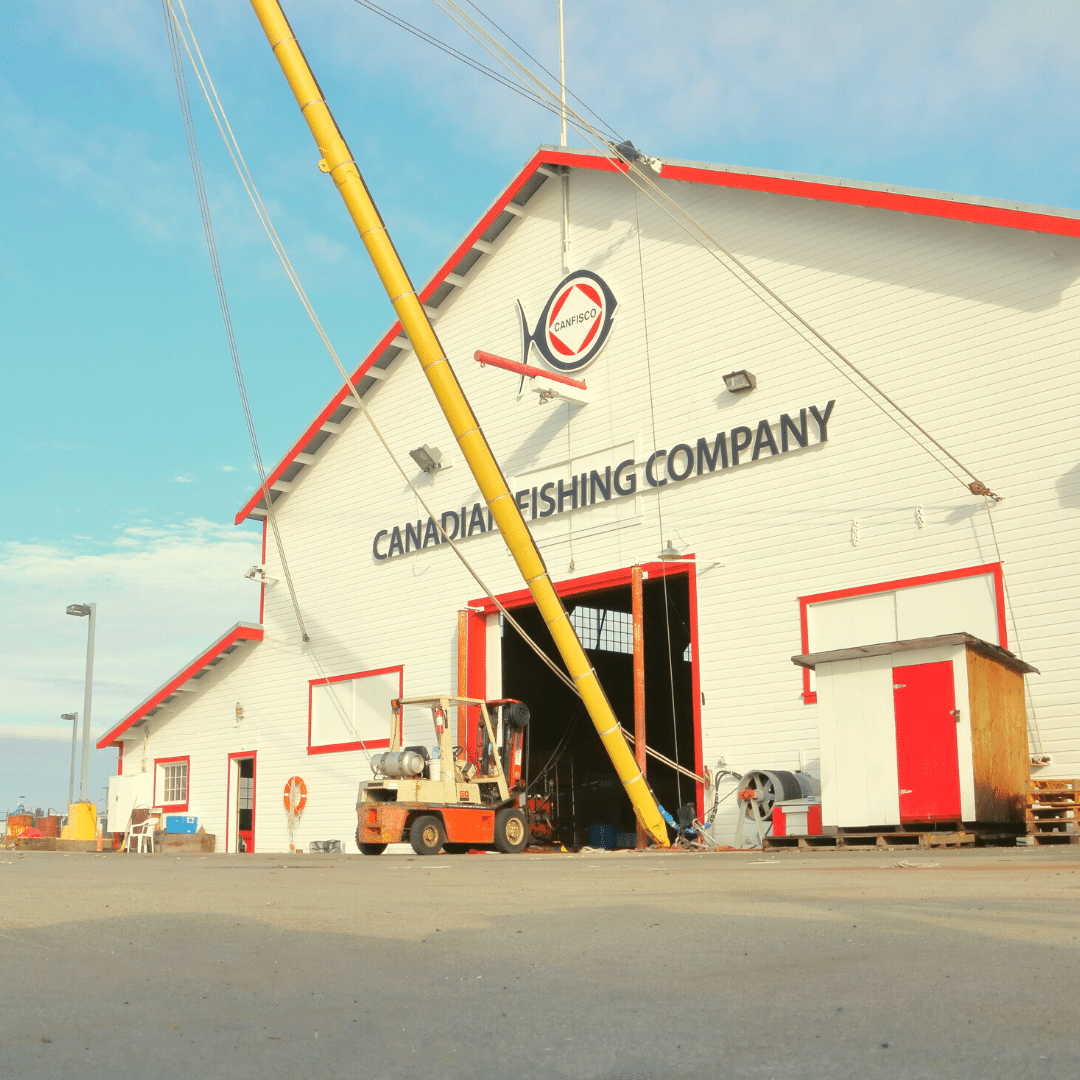
The future of the fishing industry hinges on supporting an owner-operator model, he says. This system would allow for a more equitable distribution of licenses, empowering independent harvesters to reclaim agency over their catch and their profits.
“That would be a lot more sustainable because we would be able to control our markets ourselves instead of having these big-time guys with lots of money,” Sparrow says. “They just want to make a buck when they’re sitting at home. They’re not the ones out there sweating away, actually catching the fish.”




